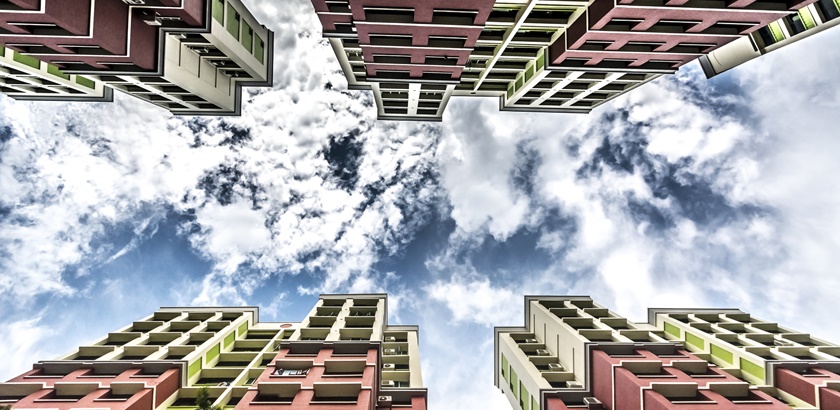
One of the factors causing the higher demand and premium prices of resale HDB flats include buyers’ desire for a larger living space following the experience during the circuit breaker.
Property agents has observed a growing number of buyers who are willing to pay extra cash on top of actual valuations for HDB resale flats since July last year, reported Channel News Asia (CNA).
Hanafiah Yusof and his wife, Nirmala, for instance, paid an extra $45,000 in Cash Over Valuation (COV) – which refers to the amount representing the difference between the unit’s sale price and official valuation by HDB – for an executive apartment in Clementi. This amount is paid by buyers fully in cash.
“Our agent did pre-empt us that because of the area – a mature estate – we have to expect to pay more,” Nirmala told CNA.
She noted that the location was “nice” as it was “near our kids’ schools, near our parents, near my workplace, and amenities around there were a lot”.
Recommended article: BTO vs Resale Flat vs Condos in Mature Estates: Which Suits You Best?
“It checked all our boxes – on a high floor, and the space and unit were well-maintained,” she added.
Nonetheless, the COV amount was still above the $20,000 to $30,000 the couple had expected to pay for the 1,580 sq ft unit.
“But I think we weighed our options and I think it’s good that from this sale of (our current) unit, it was enough for us,” said Mr Hanafiah.
The COV component had emerged as a cause of concern during the early part of the past decade, when official valuations was used as base price by some buyers and sellers, while negotiating the COV to add on it.
HDB had urged buyers to negotiate instead based on recent transaction prices, and focus on the flat’s entire sum.
In March 2014, HDB stopped publishing COV data, while changing the system such that the valuation of a flat is only revealed once buyers and sellers had already agreed on a transaction price.
Industry players said transactions with COV became uncommon after the measures, and a tepid resale market.
However, property experts are seeing a revival of the trend amid a robust HDB resale market, said CNA.
HDB resale prices rose to their highest level last year since 2012, with transactions rising sharply to an eight-year high.
Lim Yong Hock, Key Executive Officer at PropNex, said while the agency does not gather information on how transactions by their clients compare to valuation prices, agents have been seeing more COV transactions.
See also: Comparing HDB Flats in the Same Estate: How Old Should You Go? (BTO vs Resale)
“Places not even in prime locations, for example in the outskirts like Woodlands, Yishun or Bukit Panjang, are also seeing this kind of situation,” he said as quoted by CNA.
The trend regained prominence since the end of the circuit breaker period, said Ryan Tan, Senior Assistant District Director at OrangeTee, citing feedback from his team of around 40 agents.
He believes that around 90% of their resale transactions now involve COV sums, which typically range between $5,000 and S$20,000, although he cautions that the figure may not represent the whole market.
Mike Poon, Group Division Director at ERA Realty, noted that the number of transactions taking place above valuation prices has tripled to at least five to six out of 10.
Lim attributed this to higher demand from resale flat buyers. More buyers turn to the resale market as they are unable to wait for the delayed completion of Build-to-Order flats amid the pandemic.
Tan also pointed to buyers’ desire for a larger living space following the experience during the circuit breaker as well as enhanced CPF housing grants as possible reasons for the increased demand.
ERA Realty Associate Marketing Director Sofian Roslan noted that paying COV of between $10,000 and $20,000 is now “quite common”, with flat types, such as executive apartments and jumbo flats, attracting higher premiums.
Suggested read: Is Now the Right Time to Buy an HDB Resale Flat?
Lim expects the trend to continue in the first half of 2021, due to the lag time between the completion of transactions and when they start to change valuations.
“Valuers usually use past transactions as a benchmark, so when the new prices are not recorded yet, the valuation is not likely to follow the current market price,” he explained.
Lee Sze Teck, Head of Research at Huttons Asia, however, expects the trend to stabilise over the coming months.
“If it was due to pent-up demand (from the circuit breaker), it would be dissipating over the few months already,” he said as quoted by CNA.
Looking for a property in Singapore? Visit PropertyGuru’s Listings, Project Reviews and Guides.

